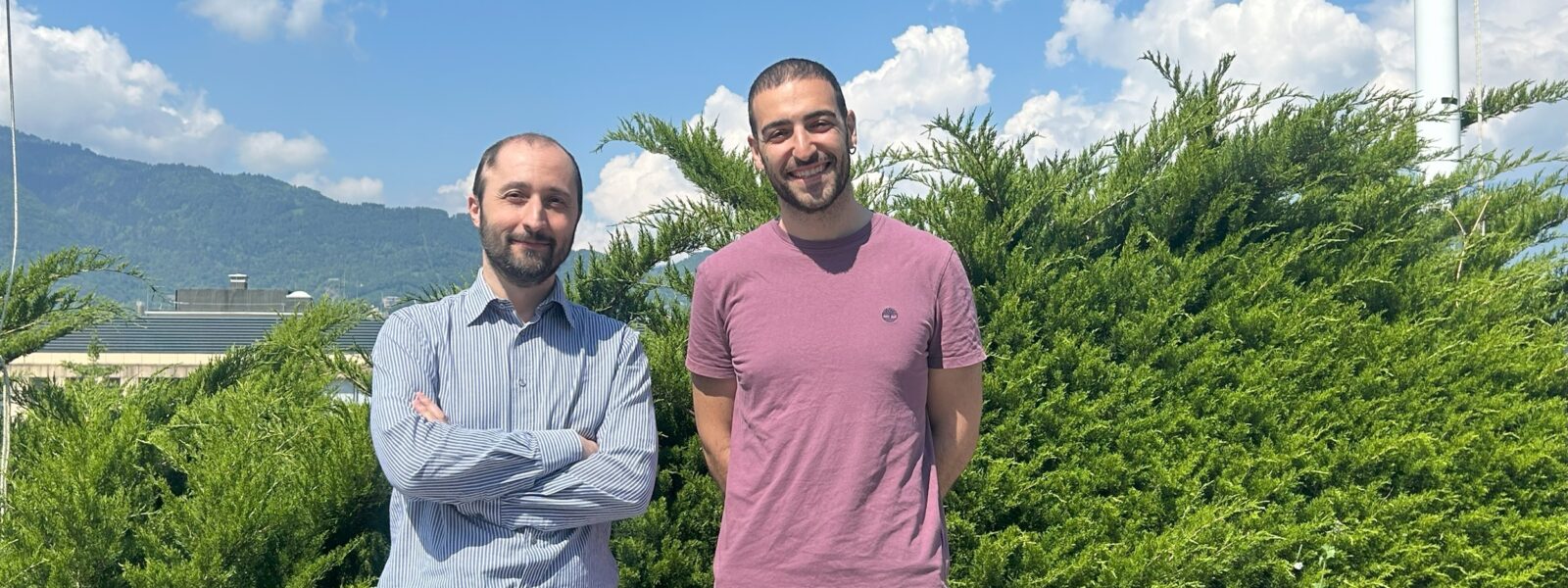HIV cure: maintaining focus on the risk of relapse in experimental treatments

Experimental treatments aimed at curing HIV infection could increase the incidence in the population if associated with a significant risk of relapse. A Fondazione Bruno Kessler study published in Nature Communications
This is the key finding of a study resulting from a collaboration between the Center for Health Emergencies, led by Stefano Merler at Fondazione Bruno Kessler (FBK), and Utrecht University. The research was published in the journal Nature Communications and was selected as one of the journal’s “Editor’s Highlights” — a recognition given to the top 50 recently published articles in the field of public health.
Currently available antiretroviral therapies (ART) effectively suppress HIV replication, allowing people living with HIV to enjoy a normal life expectancy and eliminating the risk of transmission when the virus is undetectable in the blood. However, these therapies must be taken for life, as the virus rapidly becomes transmissible and begins replicating again once treatment is discontinued. Thus, biomedical research is actively developing new treatments aimed at either completely eradicating the virus from the body or preventing its reactivation for several years after a single course of therapy.
Using a mathematical model calibrated with HIV transmission data among men who have sex with men (MSM) in the Netherlands, the study demonstrated that introducing treatments with a risk of relapse after a few years could undermine the significant progress made in HIV control, ultimately increasing the number of new infections in the population.
“This effect,” Giorgio Guzzetta from Fondazione Bruno Kessler explained,“ is driven by transmission from individuals whose relapse has not yet been diagnosed, and persists even when treated individuals are frequently monitored. In contrast, the study showed that treatments that fully eliminate the risk of relapse could reduce the cumulative incidence of HIV among MSM in the Netherlands by up to 60% within just 10 years of their introduction.”
Biomedical research and clinical trials for curative HIV interventions are progressing rapidly. Understanding the potential impact of these treatments on transmission dynamics is essential to ensuring their successful implementation at the population level.
*********************************************************************
Full study published in Nature Communications
Model-based evaluation of the impact of a potential HIV cure on HIV transmission dynamics
Alfredo De Bellis1,2,3, Myrthe S. Willemsen1, Giorgio Guzzetta2, Ard van Sighem4, Kim A. G. J. Romijnders1, Peter Reiss5,6,7, Maarten F. Schim van der Loeff6,7,8, Janneke H. H. M. van de Wijgert1, Monique Nijhuis9,10, Mirjam E. E. Kretzschmar1,11,12 & Ganna Rozhnova1,11,13,14
- Julius Center for Health Sciences and Primary Care, University Medical Center Utrecht, Utrecht University, Utrecht, The Netherlands
- Center for Health Emergencies, Bruno Kessler Foundation, Trento, Italy
- Department of Mathematics, University of Trento, Trento, Italy
- Stichting HIV Monitoring, Amsterdam, The Netherlands
- Amsterdam UMC, location University of Amsterdam, Department of Global Health and Infectious Diseases, Amsterdam Institute for Global Health and Development, Amsterdam, The Netherlands
- Amsterdam Public Health Research Institute, Global Health and Quality of Care, Amsterdam, The Netherlands
- Amsterdam Institute for Immunology and Infectious Diseases, Infectious Diseases Program, Amsterdam, The Netherlands
- Department of Infectious Diseases, Public Health Service of Amsterdam, Amsterdam, The Netherlands
- Translational Virology, Department of Medical Microbiology, University Medical Center Utrecht, Utrecht, The Netherlands
- HIV Pathogenesis Research Unit, Faculty of Health Sciences, University of Witwatersrand, Johannesburg, South Africa
- Center for Complex Systems Studies (CCSS), Utrecht University, Utrecht, The Netherlands
- Institute of Epidemiology and Social Medicine, University of Münster, Münster, Germany
- BioISI-Biosystems & Integrative Sciences Institute, Faculty of Sciences, University of Lisbon, Lisbon, Portugal
- Faculty of Sciences, University of Lisbon, Lisbon, Portugal
Fondazione Bruno Kessler – Servizio Comunicazione e Relazioni esterne
– 0461 312482
SEC Newgate – Via Ferrante Aporti 8, Milano
Laura Arghittu –
Daniele Murgia – cell. 338 433 0031 –
Vittoria Tonetti – cell. 334 906 4287 –


